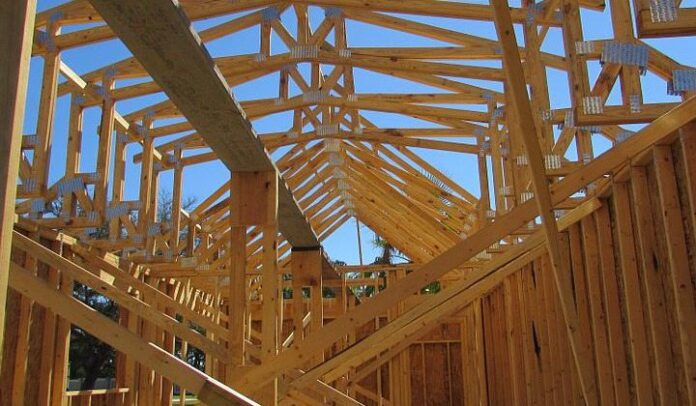The B.C. government has introduced a proposed bill aimed at allowing more small-scale, multi-unit housing and amending zoning rules.
B.C. government officials said it will implement a few bylaw requirements in municipalities with populations over 5,000:
- Three to four units allowed on lots currently zoned for single-family or duplex use, depending on lot size.
- Six units allowed on larger lots zoned for single-family or duplex use and close to transit stops with frequent service.
Municipalities impacted by the legislation can permit additional density if required, but they cannot allow for fewer units than the provincial legislation.
“Anyone looking for a place to live in a community they love knows how hard it is – and outdated zoning rules are making that even harder,” said Premier David Eby.
“Constructing mostly high-rise condo towers or single-family homes means B.C. isn’t building enough small-scale multi-unit homes that fit into existing neighbourhoods and give people more housing options that are within reach.”
B.C. officials said the province’s historic zoning regulations in many communities led to most new housing developments to be condos or single-family homes, leaving a gap in options for other types of housing.
Officials add that zoning barriers and regulations have slowed the delivery of housing.
“The housing crisis has made it harder for growing families looking for more space, seniors looking to downsize, and first-time homebuyers who can’t find a home that meets their needs and budget,” said Ravi Kahlon, Minister of Housing.
“This legislation strengthens the vibrancy of our communities while building the type of housing that will help us address the housing crisis.”
The legislation will also permit one secondary suite or accessory dwelling unit in all communities throughout the province.
According to the B.C. government, housing development approvals will be sped up by shifting the local planning and zoning process.
“It will require municipalities throughout B.C. to expedite and streamline permitting by updating community plans and zoning bylaws on a regular basis, to ensure that they have enough housing to meet the needs of both their current and future residents,” said B.C. government officials. “This will help create more certainty for both community members and home builders.”
Proposed changes also include the phasing-out of one-off public hearings for housing projects that are aligned with official community plans.
“Instead, there will be more frequent opportunities for people to be involved in shaping their communities earlier in the process when official community plans are updated,” said provincial officials.




